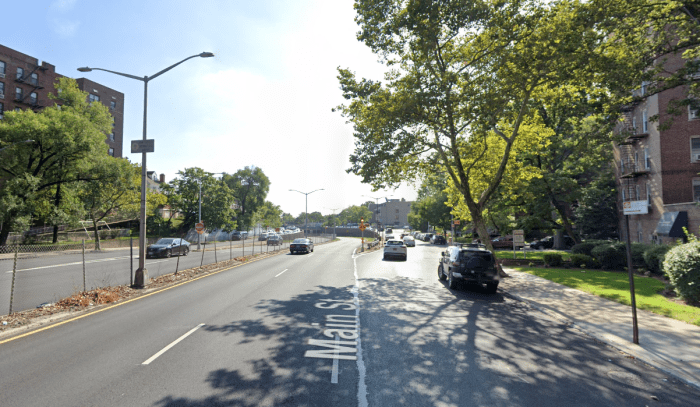In regard to the historical basis of American anti-Catholicism, one must analyze the Declaration of Independence’s assertion that King George III (1738-1820), “the present king of Great Britain … has combined with others [the British Parliament] … giving his assent to their acts of pretended legislation for … abolishing the free system of English laws in a neighboring province, establishing therein an arbitrary government.”
One of the “acts of pretended legislation” was the Quebec Act of 1774, which recognized the Roman Catholic religion and restored French civil law in Quebec, Canada. Particularly, this “intolerable act” was politically opposed by the colonial, Protestant New England and anti-Catholic nativism, and was probably the major impetus for the American Revolution.
To set things in historical perspective, King Henry VIII’s usurpation, as head of the Church of England, of the office of the pope, the bishop of Rome and vicar of Christ, undermined the “full, supreme, and universal power over the whole Church” (Catechism of the Catholic Church, 882).
And, whether they were Puritan Congregationalists, Presbyterians, Anglicans or Dutch Reformed, the majority of American colonists were Protestants and staunchly hostile to Roman Catholicism, which they perceived as foreign and non-Christian.
So as we celebrate the Fourth of July, let us not be deceived of some Enlightenment self-righteous motives toward democracy and universal equality in America. In 1775, the Continental Congress had as its first act not the Declaration of Independence but the invasion of Canada.
The American Revolution as a violent secessionist war was primarily catalyzed by the Quebec Act of 1774, which was conciliatory to Roman Catholicism. American anti-Catholicism must be understood historically as the cultural hegemony tracing its ideological origins in the English-speaking world ultimately to Henry VIII, “whom I shall take the liberty to call plainly one of the most detestable villains that ever drew breath” (Charles Dickens, “A Child’s History of England,” Chapter XXVII).
This inspiring the American colonies in their fratricidal revolutionary war against British Protestants, who later peacefully approved the British North America Act — renamed the Constitutional Act — of 1867 for the federation of Canada. The Constitutional Act of 1982, approved by the British Parliament, made Canada a fully sovereign state.
Joseph Manago
Briarwood

































